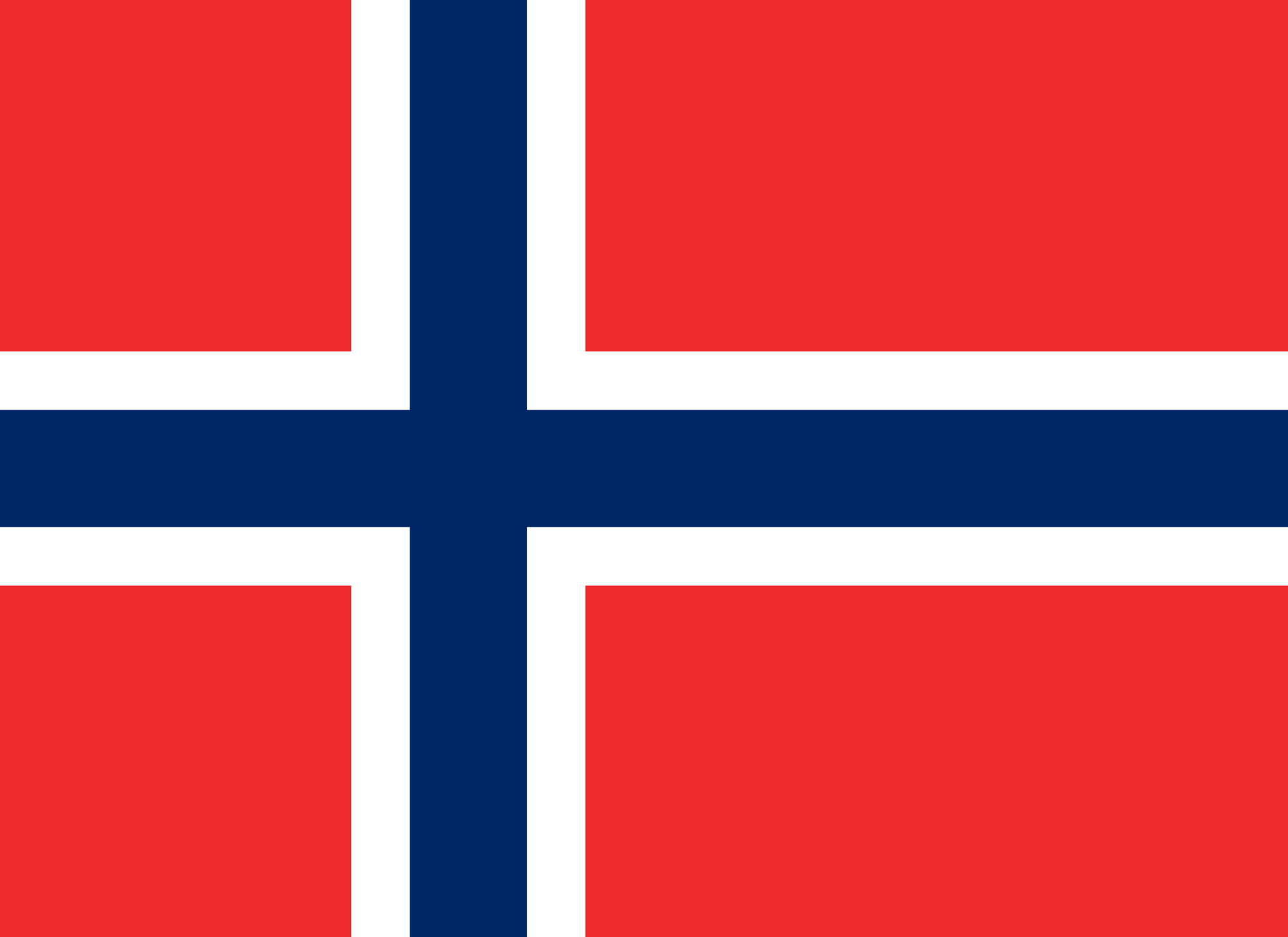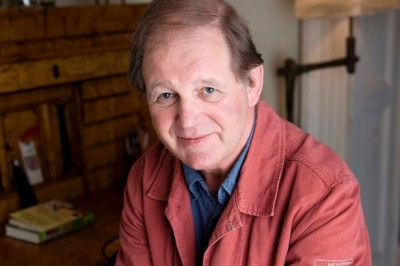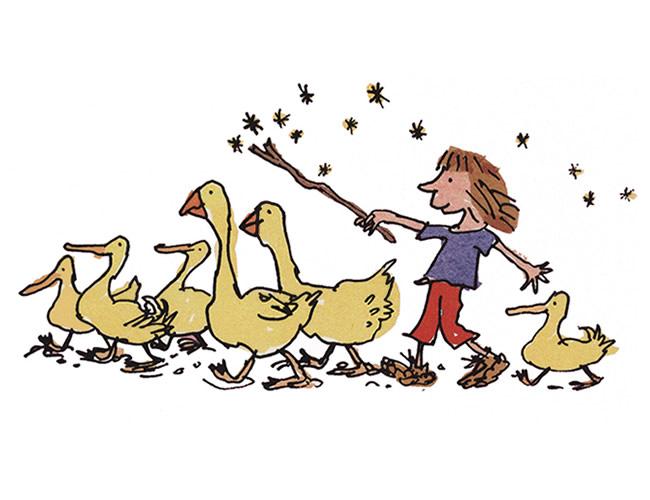Only last Summer I was sailing along the coast of Norway, in and out of the fjords. We picnicked on deserted islands, explored tiny villages, with their simple clapperboard houses painted oxblood red.
We visited ancient stave churches, entirely built from wood, black with pitch, each a symbol of survival and hope and fortitude.
All the while I wondered at the majestic beauty of the place, at the dark rearing cliffs, the thunderous waterfalls. We warmed to the generosity of the people we met – a people without envy, it seemed, at peace with themselves.
As we know, they had done their share of invading centuries before, had since been invaded themselves often enough, but had in recent history set all that aside, become hugely prosperous and developed one of the most equitable and democratic societies the world has ever known.
Like the Irish and the Canadians, and others, they have carved out a place for themselves as the great peace-makers.
I had brought with me a book to read on the boat, Beowulf, a story set in this very place, an ancient story/poem. It seemed appropriate.
Grendel the Monster stalks this land, preying on the people, bringing death and destruction – it seems to be what he was born for, this foul fiend. Beowulf, our hero, confronts him and kills him in a titanic struggle, but this is not the end of it. Evil is not so easily vanquished.
This struggle between good and evil is at the heart of so many of our legends and folktales, and these were told not simply to children but to everyone. And they had a purpose. They are warning tales, to alarm and to terrify – yes, to entertain too – but essentially to remind us of our frailty.
Whatever the evil one is called – witch, devil, troll or dragon, we have to be watchful and wary. These stories are there to prepare us, to give us some understanding of our human predicament, of the precariousness of our existence.
The perpetrator of the massacre in Oslo and on the island of Utoya stalked the land as surely as the monster Grendel in Beowulf. He attacked innocent young people in a determined attempt to extinguish hope.
But Beowulf fought on. All his life he confronted the evil Grendel. Norway has done this before. They know how to survive.
These ancient folk tales have great wisdom for us today. They can remind us that even the most prosperous and openhearted people, living in a country where respect for human rights is a given, where all seems so well, are vulnerable to evil.
We cannot protect ourselves entirely. But we can be vigilant, particularly on behalf of our children. We can better prepare them. Let us not kid them. The monsters are out there, and they are not like Shrek, they are like Grendel. Each of us must face the monster down.
At Christmas time, every year since the Second World War, the Norwegians send us a Christmas tree to put up in Trafalgar Square.
Wouldn’t it be an idea, now, at this terrible time for the Norwegian people, to offer to plant a tree of ours on Utoya, as a symbol of our solidarity and friendship with them?
‹ Back to News



